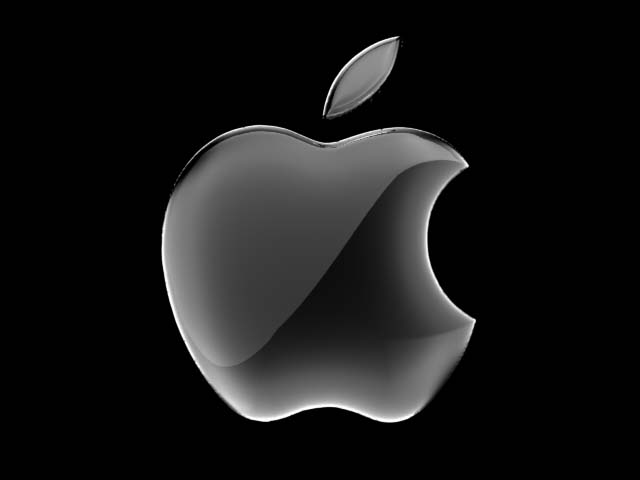Expatriate Arabs and Expatriate Asians, who compose the vast majority of the population in the UAE and a large proportion of the population in the rest of the GCC, keep in contact with their families back home via VOIP and through their mobile phones.
An interesting insight to report from our analysts on-the-ground in the GCC countries in the Middle East. Family members back home often place “Missed Calls” to the expatriates working in the GCC, where they hang up and expect to be called back. Despite it being cheaper for family members to call from India, Pakistan and from Levant countries, the underlying psychology behind family placing Missed Calls is to see that their family members in the GCC care about them and that the expatriates have enough love to call them back.
 China’s central bank governor Zhou Xiaochuan has written a rare essay about his desire for a world currency, other than the dollar, to be be administered by the IMF. His rationale is that the world is no longer “unipolar,” implying that the US no longer a single superpower.
China’s central bank governor Zhou Xiaochuan has written a rare essay about his desire for a world currency, other than the dollar, to be be administered by the IMF. His rationale is that the world is no longer “unipolar,” implying that the US no longer a single superpower.
